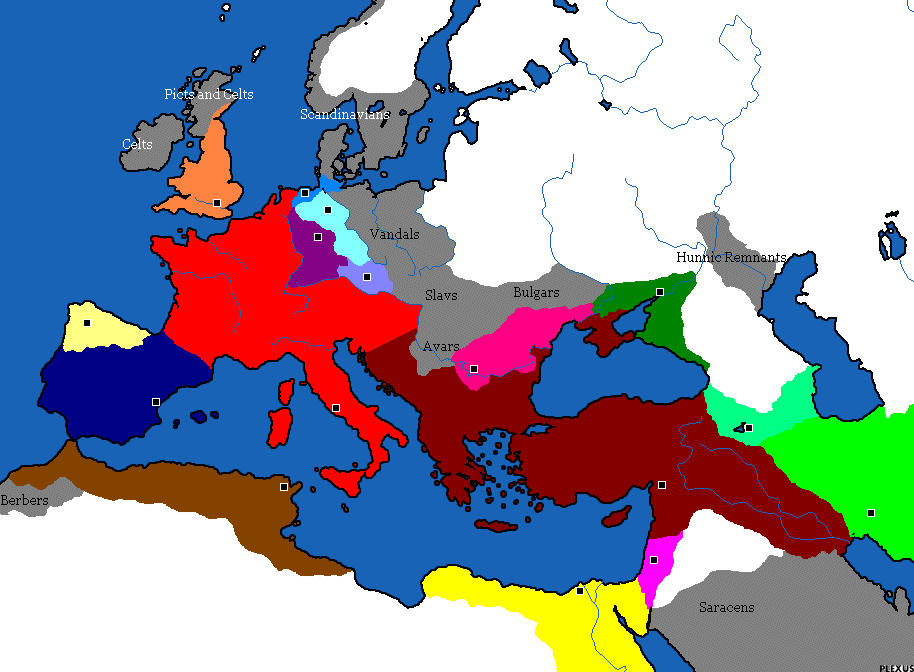alex994
Hail Divine Emperor!
they lost marathon? i'm sure they beat the persians there though....
 wink
wink ?
?Conceeded, sorry guys. I was under the impression that the runner had died running from Marathon to Athen to report a [overwhelming] loss. Must've got my wires crosses somewhere....alex994 said:the Athenians won
Legend states that when the citizens of Athens became aware of the invasion by Persia, they dispatched a soldier named Phidippides who, according to Herodotus (see book VI, 105) ran from the town of Marathon to Sparta for aid. Another legend says that he ran from Marathon to Athens to announce the victory, and then collapsed and died. This legend was the basis for the modern-day marathon race. The distance for a modern marathon, however, is based on the distance from Marathon to Athens, as modified slightly to suit the geography of modern-day London.


das said:I agree, the Athenians won.
Warman, Napoleon stood no chance. Even if he had won at Waterloo, he would still have to deal with that massive Russo-Austrian army moving west to encounter him. Its commanders counted on Blucher winning. Napoleon had, apart from his guard, assembled a rather crappy army as he had no time to get a better one. But I agree that it would change some stuff - Britain would have less influence in the post-Napoleon Europe and Prussia would be considerably weaker.
Some more...
- WI no Native Americans existed? There is a wonderful scenario for that by Doug Hoff, its called "Empty America" but I'm too lazy to post a link.
- WI Romans encountered the Chinese (not by trade, but by exploration. Maybe if Romans won at Carrhae and conquered Mesopatamia early on?)?
- WI neither Rome, neither China came to bewink
?
- WI an Ugro-Finnic nation appeared during the Dark Ages?
- WI Sorbs (East German Slavs) survived as a nation, or, better yet, along with Poles and some others would've invaded the rest of Europe?
- WI Charlemagne did not divide his empire?
- WI Magyars left Holy Roman Empire stillborn by defeating the Germans?
- WI Rurik did not come to Russia? Could've the Russian tribes formed a nation/nations all by themselves? Or perhaps they would follow the footsteps of the Huns?
- WI Sung China survived and started an industrial revolution, as well as discovered the New World? This was perhaps the most promising Chinese dynasty, and it just got very unlucky. Maybe if the Mongols never united, or united a century later?
- WI Barbarossa succesfully conquered Italy?

 http://www.geocities.com/davidbofinger/rome.htm
http://www.geocities.com/davidbofinger/rome.htmAmenhotep7 said:I especially like this one here.http://www.geocities.com/davidbofinger/rome.htm



das said:Amen, his troops were loyal to him, and I believe that due to his reputation there were quite a lot of troops that could defect to him from other armies. Nevertheless, Justinian also had Ioann's army, so it would be yet another Roman/Byzantine civil war.
Btw, check out this site.
http://www.alternatehistory.com/ahdirectory.html
